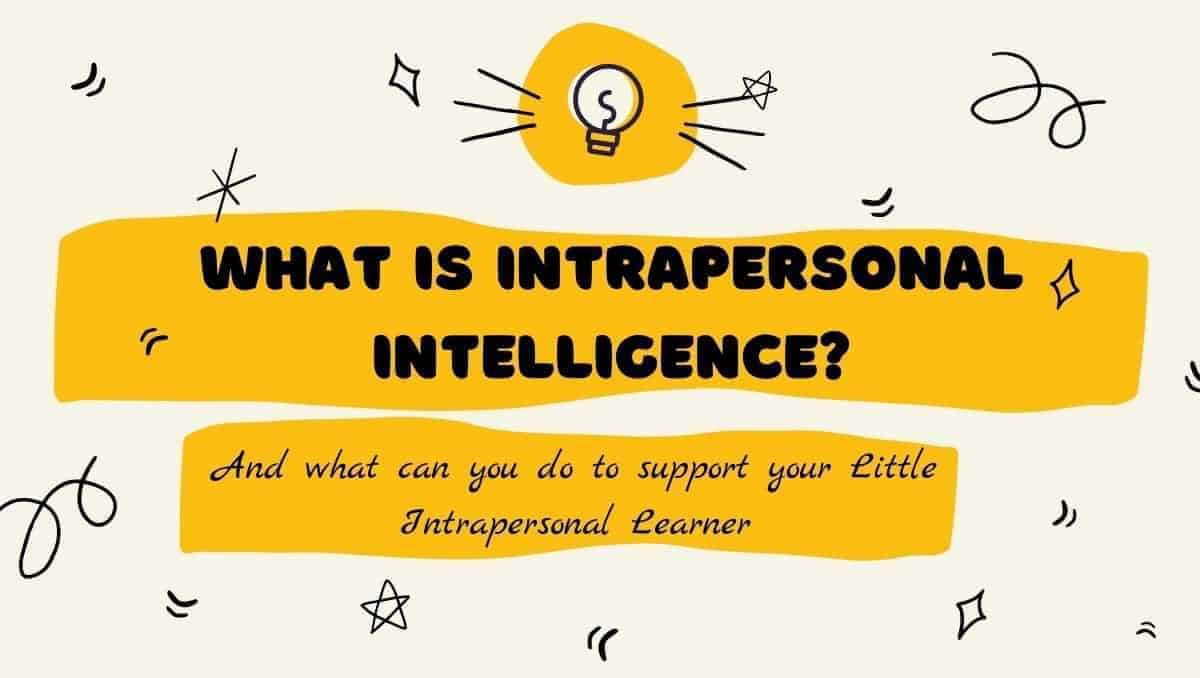Intrapersonal intelligence refers to the ability to understand and navigate one's own thoughts, emotions, motivations, and behaviors. It is a facet of Howard Gardner's theory of multiple intelligences, highlighting the importance of self-awareness and self-reflection in personal development and success. This essay explores the concept of self-understanding, its components, significance, benefits, and practical strategies for enhancing this essential skill.
Importance of Self-Awareness
self-awareness plays a vital role in various aspects of life, including personal development, emotional well-being, decision-making, and interpersonal relationships. Individuals with high self-understanding are better equipped to navigate life's challenges, make informed decisions, and pursue goals that align with their values and aspirations. This self-awareness and self-regulation contribute to greater resilience, adaptability, and overall satisfaction in life.
Cultivating Self-Compassion and Acceptance
A crucial aspect of self-understanding is cultivating self-compassion and acceptance. Self-compassion involves treating oneself with kindness and understanding, particularly during times of failure or adversity. It entails recognizing one's imperfections and limitations without harsh self-judgment. By practicing self-compassion, individuals can foster a positive self-image, enhance resilience, and maintain motivation to pursue personal goals despite setbacks.
Challenges in Developing Self-Awareness
Developing self-awareness can present several challenges that individuals may encounter along their journey of self-discovery and personal growth. One significant challenge is overcoming ingrained habits and biases that influence thoughts, emotions, and behaviors. These ingrained patterns can limit self-awareness and hinder the ability to see situations from different perspectives. Overcoming these challenges requires a commitment to self-reflection, openness to feedback, and a willingness to challenge assumptions and beliefs.
Integrating Values and Authenticity
Integrating personal values and authenticity is essential for developing intrapersonal intelligence. Living authentically involves aligning one's actions, choices, and behaviors with core values and beliefs. This alignment promotes inner harmony and integrity, fostering a sense of purpose and fulfillment. Individuals with strong self-understanding prioritize self-discovery and authenticity, making decisions that reflect their values and contribute to personal growth and well-being.
Continuous Learning and Development
Developing self-understanding is an ongoing process that requires continuous learning and development. Individuals can enhance their intrapersonal skills through lifelong learning, self-directed study, and seeking opportunities for personal growth and enrichment. Engaging in personal development activities such as workshops, seminars, and coaching can provide new perspectives, deepen self-awareness, and strengthen intrapersonal competencies over time.
The Role of Reflection in Personal Growth
Reflection plays a pivotal role in developing self-awareness. Engaging in regular self-reflection allows individuals to gain insights into their thoughts, emotions, and behaviors. It involves examining past experiences, identifying patterns, and learning from successes and challenges. Reflection promotes self-awareness, facilitates personal growth, and enhances decision-making by providing a deeper understanding of one's strengths, weaknesses, and areas for improvement.
Practical Applications of Self-Awareness
self-awareness finds practical applications in various aspects of life, contributing to personal well-being and professional success. In education, educators can incorporate self-understanding skills into curriculum and teaching practices to promote self-awareness, emotional regulation, and resilience among students. By fostering a classroom environment that encourages self-reflection and personal growth, educators can empower students to understand their strengths, weaknesses, and learning preferences, leading to improved academic performance and social-emotional development.
Future Trends and Innovations in self-understanding
Looking ahead, future trends and innovations in self-understanding may involve advancements in neuroscience, artificial intelligence (AI), and personalized learning technologies. Neuroscience research continues to uncover insights into brain function and emotional regulation, providing a deeper understanding of how intrapersonal skills develop and evolve over time. AI-powered tools and applications may offer personalized insights and recommendations for enhancing self-awareness, such as virtual coaches or digital platforms that facilitate self-assessment and goal setting.
The Evolution of Self-Awareness in Digital Age
In the digital age, the concept of self-awareness has evolved alongside technological advancements and changing societal norms. Digital platforms and social media provide opportunities for self-expression, connection, and self-discovery, influencing how individuals perceive and navigate their identities and relationships. However, the constant influx of information and digital interactions can also present challenges to maintaining genuine self-awareness and emotional regulation. Developing self-understanding in the digital age involves leveraging technology for personal growth, while also practicing mindfulness, self-reflection, and digital wellness strategies to manage digital distractions and maintain authentic connections with oneself and others.
Conclusion
Intrapersonal intelligence is a foundational skill that contributes to personal growth, emotional well-being, and success in various aspects of life. By developing self-awareness, self-regulation, and self-reflection skills, individuals can cultivate resilience, make informed decisions, and build meaningful relationships based on empathy and understanding. As the recognition of self-awareness grows, investing in its development through intentional practice and learning can lead to a more fulfilling and purposeful life. Embracing self-understanding is not only a pathway to personal mastery but also a catalyst for positive change and transformation in oneself and others.





Comments